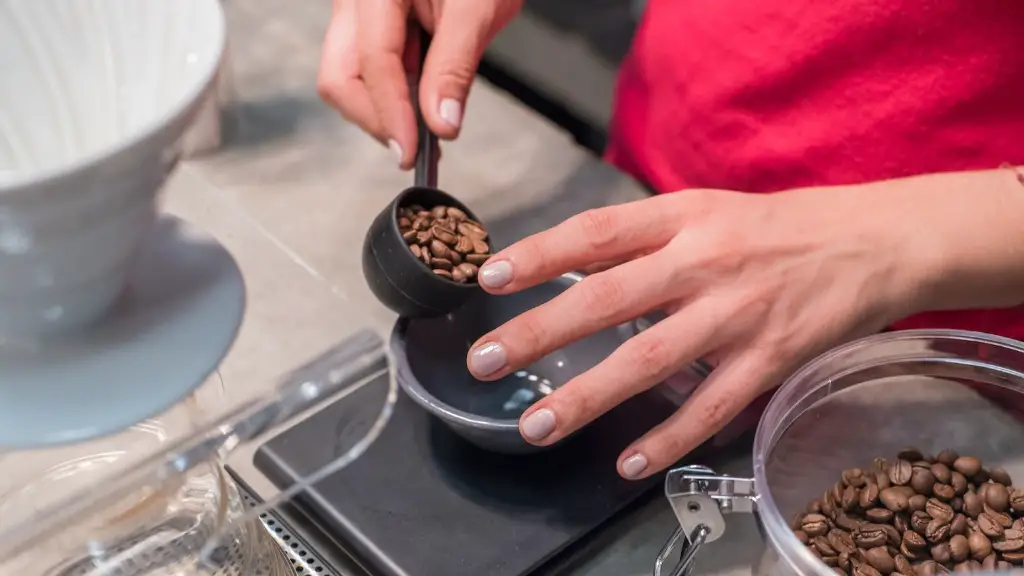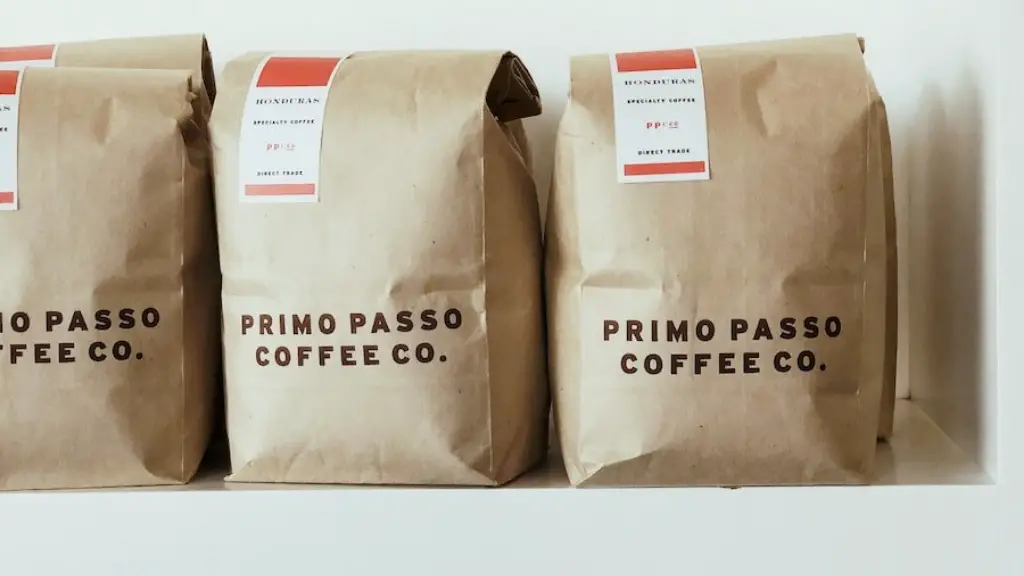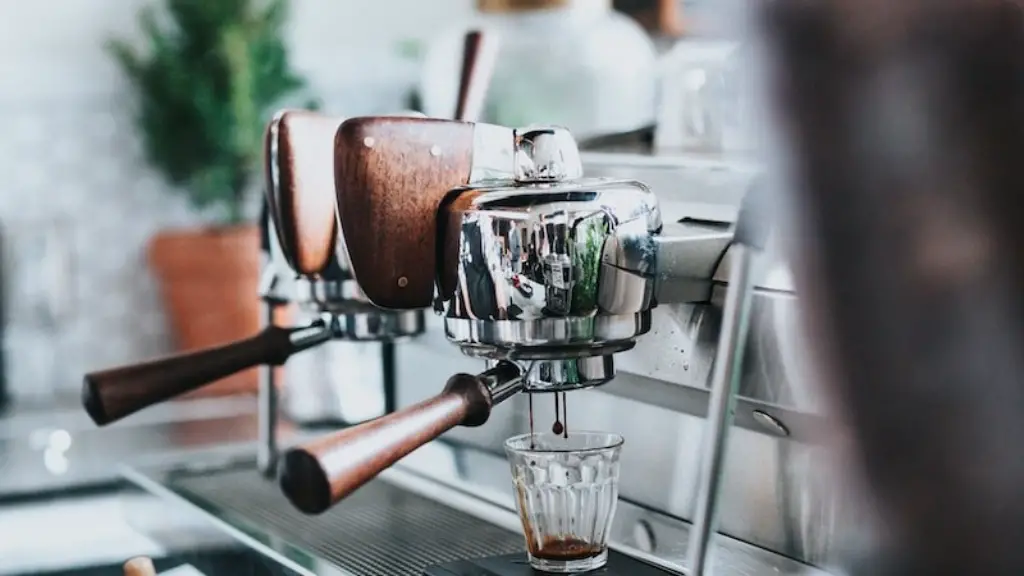Basics of Drinking Coffee After Wisdom Teeth Extraction
It is common knowledge that caffeine should be avoided following a wisdom teeth extraction, but can coffee be safely consumed? Whether it’s due to enjoying the taste or looking for an extra boost of energy, many people rely on coffee for their daily dose of caffeine and the removal of their wisdom teeth may lead to the need for an alternative. Coffee can—in most cases—be consumed post-procedure but there are some basic rules that need to be followed.
As with any form of surgery, the recovery of a wisdom teeth removal can vary greatly between individuals. For milder cases, the full recovery may take just a few days and soft drinks and solid meals may be consumed without a problem, including coffee. In more severe cases, the process can be a lot lengthier and it is recommended to abstain from consuming anything that may impede the healing process of the mouth.
The main concern post-wisdom teeth removal is to avoid anything that might cause a dislodging of the blood clot. Coffee—along with many other liquids and foods—are absorbed through a process known as ‘osmosis’. This process increases the flow of liquid through the jaw spaces, increasing the risk of the clot dislodging, which can lead to a dry socket.
Research conducted by various dental experts suggest that after a milder extraction, coffee can be consumed in moderation on the fourth day following the procedure. If a more complicated and lengthy extraction was performed, it may be best to wait up to one week before consuming any caffeine. It is generally advised that drinking hot beverages should be avoided for at least a week in order to reduce the occurrence of dry sockets or persistent pain.
Coffee can be consumed in the form of iced coffee with a straw, as an iced blended mocha or even as a cool caramel latte.Whilst it may still contain the same amount of caffeine, the majority of the impact on the recovery site is mitigated by the lack of heat. Instead of sticking to the same old type of coffee, iced coffee can become your post-surgery indulgence.
At the end of the day, the removal of your wisdom teeth is a personal thing and it can occur in different ways. The speed of the recovery and caffeine intake, such as coffee, should be based on individual body healing capabilities, however consulting with a dentist can help to discern the right period of time for resuming a caffeine intake.
Sanitizing Your Home Environment
When recovering from wisdom teeth extraction, consuming iced coffee can be one way to get your regular caffeine intake whilst ensuring your mouth stays clean. It is equally important to take into consideration the cleaning of your home environment when recovering from surgery.
The post-surgery recovery period offers the perfect opportunity to sanitize your home and make it a safe and suitable environment for recuperation. A deep clean of your bedroom ensures that bacteria, dirt and dust are eliminated from the area, whilst a vacuum of the entire home will clear away any traces of infection.
In addition to this, be sure to thoroughly wash sheets, pillowcases and other items in hot water. This ensures that potential germs and bacteria are killed, helping for a quicker recovery. Pay special attention to areas that may often be neglected, such as window sills, bathroom tiles and other common fixtures.
For added protection, measure the temperature of your home by using a thermometer to maintain a comfortable surrounding while recovering. Additionally, using dust mite proof bedding and double dusting your mattress can help prevent any scratches on the gums.
If you’re feeling up to it, gardeing offers a great way to keep busy post-surgery and a great way to grow your own organic herbs. Doing so eliminates the need for contact with local pesticide-laden produce, safeguarding your body from further infection.
Alternatives to Coffee After Wisdom Teeth Removal
There are a variety of coffee alternatives to help get you through the post-surgery recovery period. The Mayo clinic suggests that herbal teas, such as chamomile, thyme or fennel, may help sooth any pain from surgery. Alternatively, many health food stores offer herbal coffee blends that are caffeine-free and contain antioxidants which help speed up the recovery process.
If you’re looking for something cold after getting your wisdom teeth out, smoothies and protein shakes are great options that provide substantial amounts of nutrients. Smoothies are bursting with goodness and a great way to get fruit and veg into your diet. Adding proteins such as nuts and seeds is also a great way to up the nutritional value.
For an energetic boost, natural energy drinks tend to be the best and healthiest option of all. Containing natural ingredients such as guarana, ginseng and B-vitamins as opposed to caffeine, they can increase energy levels without the angst of any jitters or caffeine crashes.
Additionally, foods rich in zinc and magnesium, such as nuts and legumes, are a great replacement for caffeine. Zinc stimulates brain activity, whilst magnesium can help to regulate stress levels, helping to reduce the tension and strain associated with post surgery recovery.
Foods to Avoid Post Wisdom Teeth Removal
Whilst there are some great alternatives for getting a boost during the recovery, it’s also important to note that there are some foods and drinks that should be avoided post-surgery. It is important to stick to a liquid and soft food diet, avoiding any hard foods that may cause damage to the extraction site.
Foods such as tough meats, crunchy vegetables, popcorn, hard breads and chewy sweets should all be avoided. Additionally, all alcoholic and sugary beverages should be eliminated from your diet. Sugary foods and drinks cause bacteria to build up in the mouth causing plaque build up, whilst alcohol can increase the risk for infection and slow down the healing process.
Impact of Coffee on Oral Health
It is important to remember that caffeine can have an overall impact on oral health, regardless of wisdom teeth removal. Coffee specifically can damage and discolor the enamel of your teeth, as well as hinder your chances of getting a good night’s sleep, which is essential for recovery.
Tea also has many great beneficial properties such as being high in antioxidants and aiding with digestion; however, the tannins in the tea can increase plaque build up on your teeth, making it difficult to remove. White and green tea are considered the healthiest of all the teas and it is best to drink them with a straw to reduce the risk of staining.
Herbal teas offer multiple advantages from aiding with skin issues to reducing stress, providing an excellent substitute for your favorite cup of coffee. The absence of caffeine and the natural medicinal properties make herbal tea an ideal substitute for coffee and help to add to a quicker and smoother recovery following wisdom teeth extraction.
Setting Realistic Recovery Goals
When recovering from surgery, it is best to set realistic goals and expectations for yourself. Whilst ice coffee may offer an alternative to traditional coffee, it is important to remember to shower your body with lots of TLC in order to avoid further complications.
Make sure to get a fair amount of rest and if possible, sleep with your head elevated to reduce swelling and avoid blood clots. Adding a cushion to the bed can help ease any pain associated with wisdom teeth removal. It is also important to keep stress low and pay attention to the needs of your body.
Drinking liquids and eating soft foods helps the healing process, however, try to avoid anything that is too spicy or too acidic—this may cause further damage to the recovery site. Additionally, attending post-surgery appointments is essential for enabling a smooth recovery.
Adding To The Permanent Record
The period of post-surgery recovery is an important part of healing and avoiding future complications. To ensure you adhere to the necessary steps after wisdom teeth removal, writing down a daily record of how you are feeling can be useful.
Whilst it may seem daunting, writing down your recovery is an important step that can enable you to get an accurate idea of if your condition is improving or not. It allows you to track the rate of recovery, reducing the chances of further complications.
The recovery record should include meals consumed, drinks of choice, food and drink restrictions, appointments attended and any other pertinent information. Additionally, remembering to clean the mouth regularly with an antiseptic mouthwash helps to reduce the risk of infection and maintain good oral hygiene.
Dental Follow Up
Although consulting with a dentist beforehand is essential to know the full procedure, it is also important to follow up with the same practice once the surgery is complete. Post-surgery follow up leads to a quicker recovery, reducing any chances of further complications.
A follow-up appointment with a dentist will enable them to assess the situation, provide further advice and take the necessary action based on how the surgery turned out. If left untreated, a wisdom teeth infection can become severe, leading to more complex and costly dental work.
As with any type of surgery, complications can arise and it is important to stay vigilant and attentive to your body’s needs. If a serious issue presents itself, it is recommended to visit an emergency dentist as soon as possible for diagnosis and treatment.
As with any surgery, recovery post-wisdom teeth removal should not be taken lightly and the necessary steps should be followed to ensure a safe and smooth recovery. Following these guidelines and others provided by your dentist, you can get back to your daily routine and enjoy your cup of coffee or an alternative to it in no time.





